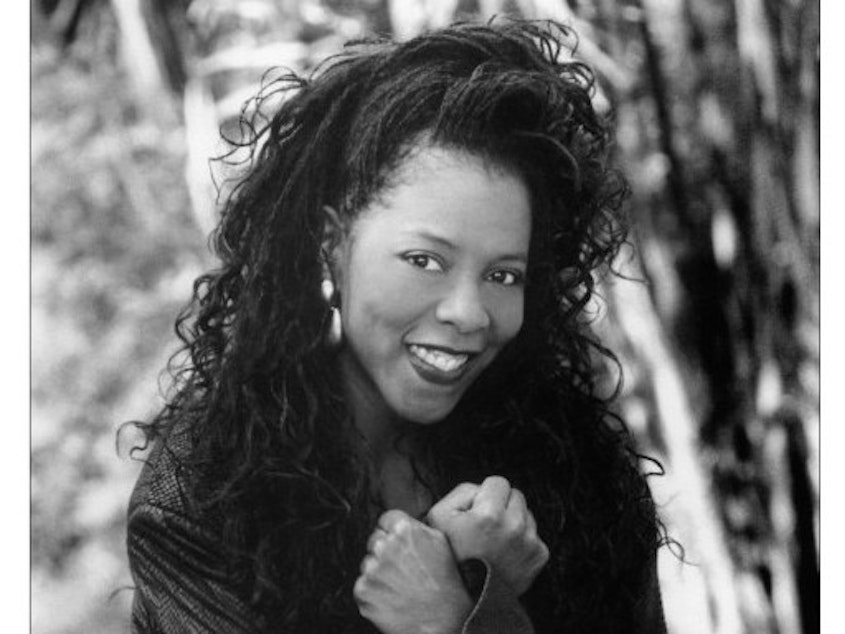Forget Her Nots: Patrice Rushen Compilation Captures Formative Elektra Years

From 1978 to 1984, Patrice Rushen recorded a series of hits for Elektra Records that helped define the sound of late-era disco and R&B. The Los Angeles singer and keyboard player's Elektra years were brief but prolific, generating such iconic jams as "Haven't You Heard" and "Forget Me Nots." Due out July 19, the compilation record Remind Me: The Classic Elektra Recordings 1978-1984 revisits that formative period in Rushen's industry-spanning musical career.
Rushen actually began her recording career not as a soul singer, but as a jazz piano prodigy. Her earliest albums, which were mostly fusion and straight-ahead jazz LPs made for Prestige Records, showcase her talents as a writer, keyboard player and arranger.
It was only when Rushen transitioned to Elektra in 1978 that she began to sing her own vocals. Her voice proved to be something of a secret power — one that had been previously hiding in plain sight.
Rushen sang in a way that easily complemented and furthered the dominant R&B style of the period. By the late '70s, R&B was deep into its quiet-storm era of softer, smoother ballads. Lighter, higher voices like Minnie Riperton's ruled the radio waves at the time. Rushen — with her youthful, lilting tone — fit right in.
Much more than fitting in, though, Rushen's singing is representative of broader shifts in pop culture of the 1970s and '80s. Rushen's years with Elektra, as captured in the Remind Me anthology, spanned a crucial, transitional time in black popular music. The sound of soul that had dominated the beginning of the '70s had gradually gave way to funk, which, in turn, ushered in disco and any of Rushen's hits from the era reverberate with those dance-inspired influences.
Sponsored
By 1984, the year Rushen released her fifth and final Elektra album, Now, the rise of hip-hop had initiated another sea-change within R&B that largely sidelined the cadre of established stars like Rushen. Nonetheless, Rushen's stature in the music industry grew in other ways as she expanded her sights beyond performing. Since those years in the spotlight, Rushen has gone on to become a music director for the Grammys and Emmys, a composer for film and television and a music professor at USC.
In the grand arc of Rushen's career, the Elektra years were just one chapter. But as brief as they may seem in hindsight, those years generated so many iconic jams, fans don't really need much to remind them. [Copyright 2019 NPR]
